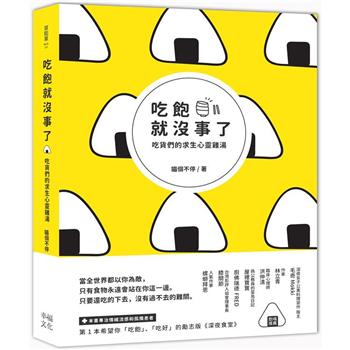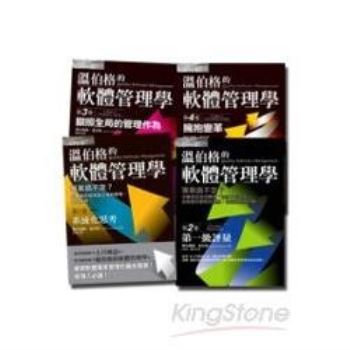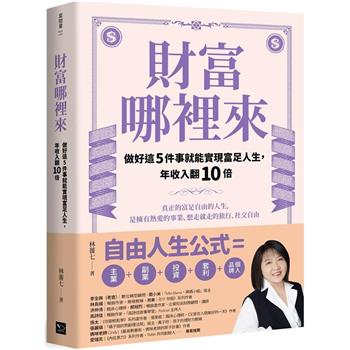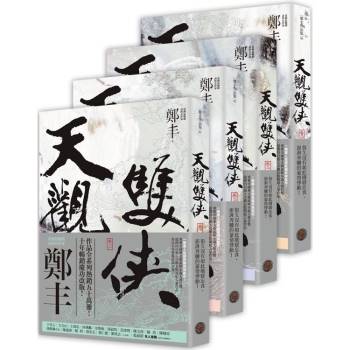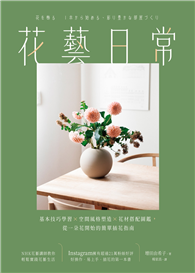Born Lee Wonrok, Lee Yuk Sa (1904-1944) took his pen name from his prison cell number 264.A first-generation modern Korean poet, he wrote vernacular free verse accessible to everyone, and his poems illustrate the resilience of the human spirit in the face of colonial oppression. A member of the resistance movement known as the Korean Liberation Army, Lee Yuk Sa is also one of the most revered poets of the Japanese colonial period. Throughout the pages of THE BITTER SEASONS’ WHIP, a bilingual collection of Lee Yuk Sa’s complete works, Sekyo Haines’ exquisite English translations bring to us the late poet’s inner voice as he lived during one of the most fraught periods in Korean history. Despite existing under oppressive forces and enduring many imprisonments, during the last of which he died, Lee Yuk Sa’s poetry is not bleak. His verse is calm and reflective, offering undercurrents of hope. His persistent search for a life of tranquility transcends time and place, continues to speak to today’s tumultuous world.
Poetry. Translation.

 看圖書介紹
看圖書介紹